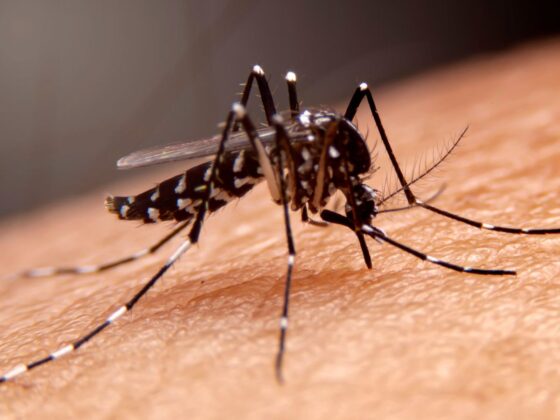New Delhi, 08 December 2024: Winter is a season of cozy sweaters and warm beverages, but for some, it also brings an increased risk of heart attacks. Studies show a significant rise in cardiovascular events during colder months, making winter a critical time to prioritize heart health. But why does winter pose a higher risk, and what can you do to protect yourself? Let’s dive into the science and advice from cardiologists to understand this seasonal connection and how to stay safe.
Why Winter Increases the Risk of Heart Attacks
Cold weather impacts the cardiovascular system in multiple ways, leading to a spike in heart attacks during the winter months. When temperatures drop, the body works harder to maintain its core temperature. This triggers blood vessels to constrict, increasing blood pressure and forcing the heart to pump harder. For individuals with pre-existing conditions such as hypertension, high cholesterol, or a history of heart disease, this added strain can be dangerous.
Additionally, cold weather can lead to increased blood clot formation. The constriction of blood vessels reduces blood flow, making it easier for clots to form and potentially block arteries, causing a heart attack. Dehydration, which is more common in winter due to reduced thirst, can also thicken the blood and exacerbate clot risks.
Winter Habits That Elevate Heart Attack Risk
Winter also brings lifestyle changes that may contribute to heart health risks. Many people become less physically active during colder months, which can lead to weight gain and increased blood pressure. Seasonal indulgences, such as rich holiday foods and excessive alcohol consumption, can further strain the heart.
Stress is another contributing factor. The hustle and bustle of the holiday season, combined with cold weather, can increase cortisol levels, leading to inflammation and cardiovascular strain. Moreover, shoveling snow or engaging in strenuous outdoor activities in the cold can unexpectedly overburden the heart, particularly for those who are not regularly active.
Symptoms of a Heart Attack You Should Never Ignore
Recognizing the symptoms of a heart attack is critical, especially during winter when the risks are heightened. Common signs include chest pain or discomfort, shortness of breath, pain in the arms, neck, or jaw, nausea, dizziness, and cold sweats. Women may experience less typical symptoms, such as fatigue or back pain. If you or someone you know experiences these symptoms, seek medical attention immediately.
Who Is at Higher Risk of Heart Attacks During Winter?
Certain groups are more vulnerable to heart attacks during winter:
Older Adults: Aging decreases the body’s ability to regulate temperature, increasing cardiovascular strain.
Individuals with Pre-existing Conditions: People with hypertension, diabetes, or high cholesterol are at greater risk.
Smokers: Smoking damages blood vessels, making it harder for the cardiovascular system to adapt to cold temperatures.
Sedentary Individuals: A lack of regular physical activity weakens the heart and blood vessels, heightening the risk of winter-induced cardiovascular events.
Heart Attacks: How to Protect Your Heart This Winter
Dress Warmly: Wearing layers and covering extremities like hands and feet can help maintain body temperature, reducing strain on your heart. A warm scarf over your mouth can also prevent cold air from shocking your respiratory system and heart.
Stay Active: Regular exercise improves circulation and strengthens the heart. If outdoor activities are challenging due to the cold, try indoor alternatives like walking on a treadmill, yoga, or home workouts.
Watch Your Diet: Limit your intake of high-sodium, fatty, and sugary foods, which can contribute to high blood pressure and cholesterol. Instead, opt for heart-healthy choices like fruits, vegetables, lean proteins, and whole grains.
Stay Hydrated: Even in cold weather, dehydration can occur. Drink water regularly to maintain optimal blood viscosity and reduce the risk of clot formation.
Avoid Overexertion: Be cautious with activities like shoveling snow, which can suddenly increase heart rate and blood pressure. If you must shovel, warm up beforehand, take breaks, and avoid heavy lifting.
Consult a Cardiologist If You’re at Risk
If you have a history of heart disease or other risk factors, it’s essential to consult your cardiologist before winter sets in. They can help you create a personalized plan to manage your risk and recommend medications or treatments to keep your heart healthy during the colder months.
Winter may increase the risk of heart attacks, but awareness and proactive steps can make a significant difference. Understanding the impact of cold weather on your cardiovascular system and adopting heart-healthy habits can help you enjoy the season without compromising your health. Remember, early detection and preventive care are the best defenses against winter-related heart risks. Stay warm, stay active, and prioritize your heart health this winter.











